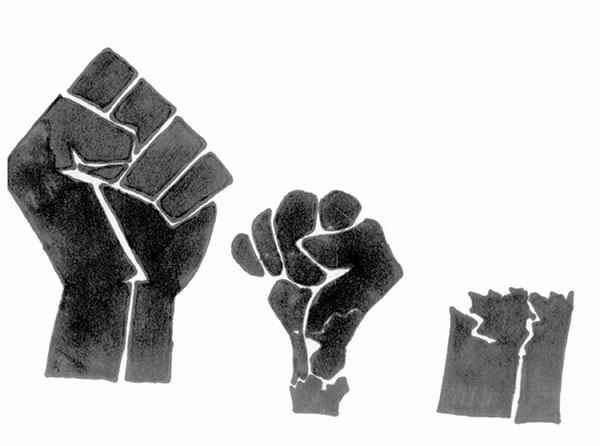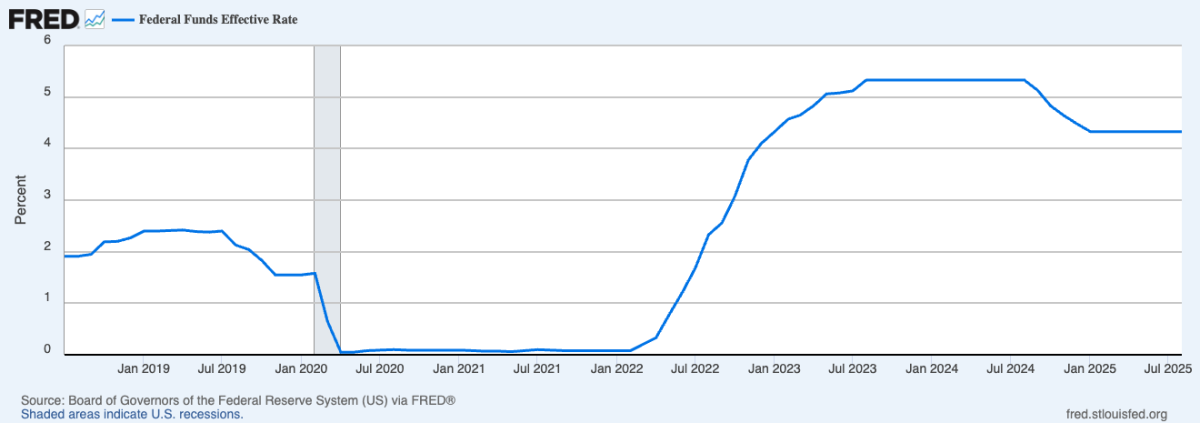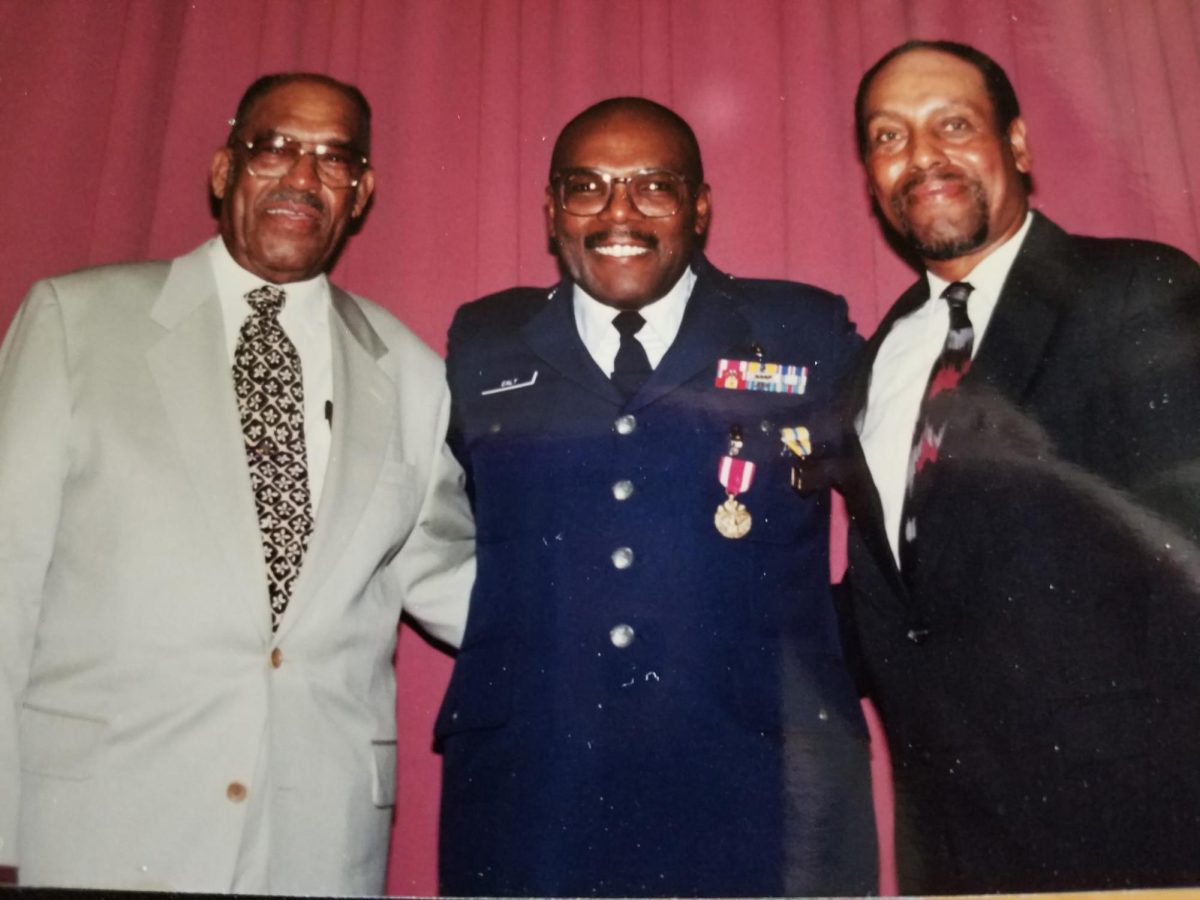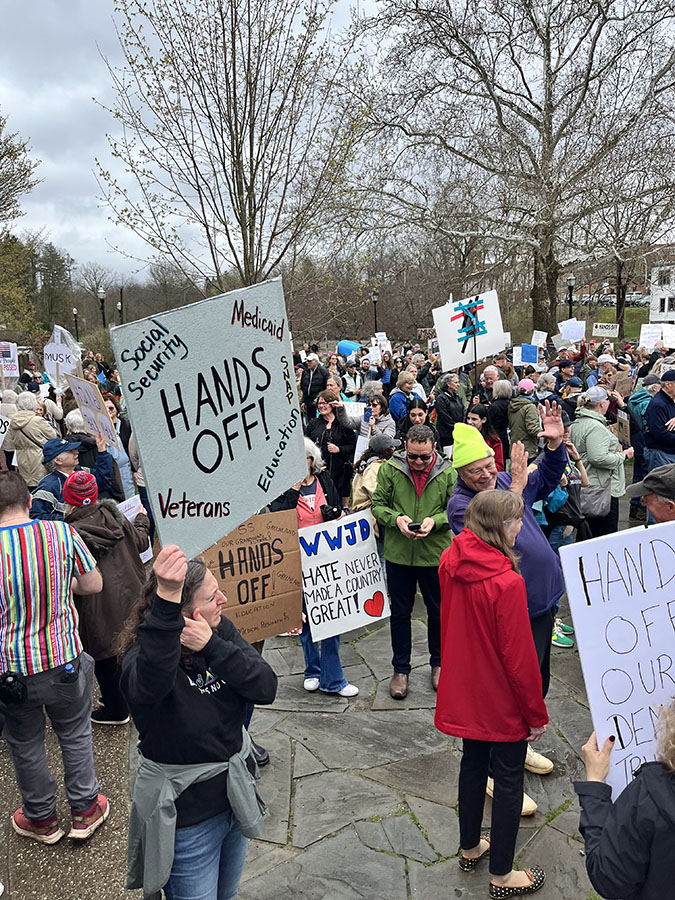The need for unity and understanding, especially within black society, is crucial to recovering from slavery’s pervading influences. In taking time to learn about the leaders and events which transformed the African American community, we are evolving as Americans. Black History Month is an excellent opportunity, if marketed properly, to reach those open to learning a new perspective by delving into the complexities and harsh realities woven into the history of this country.
Black History Month could also be used as a time to discuss issues our country continues to struggle with. We could better understand the problems that affect our neighboring communities. For example, racial segregation in Cleveland has destroyed many impoverished neighborhoods, and this month could be an opportunity for students in suburbs like ours to explore this.
Many BHS students may not realize that racism destroyed family values and simple traditions that used to bring people together, thus fracturing the black community and making it even harder to overcome a legacy of oppression. By no means did blacks have it easy, and I believe that it is beneficial for all Americans to learn what caused the degradation of this population, and explore how to repair the lasting impacts. If we sugarcoat our past, we are doing an injustice to the millions who lost their lives in slavery, and the millions of others who literally and metaphorically built this nation to become a world superpower.
Sadly, maybe because of my sheltered background, February has not been a time when I’ve learned more about black history. Black History Month could have a lasting impact on how both kids and adults treat one another, but efforts to create such educational events have not been widespread or effective.
Unfortunately, it is hard for students to learn about these topics in schools because it is an obstacle for teachers to squeeze extra material into the core curriculum. Hopefully, more opportunities and experiences will come out of Black History Month in the future, but we should be taking the steps now to engage in the conversation and participate in this nation-wide process of healing.









